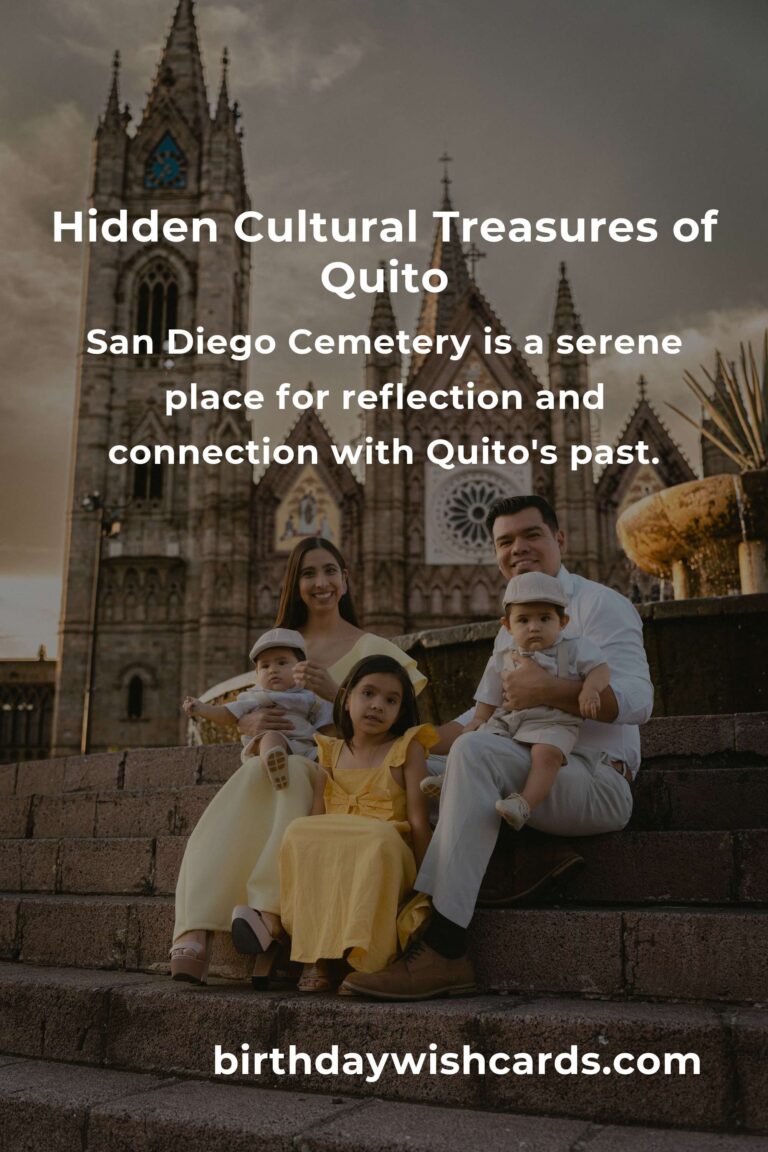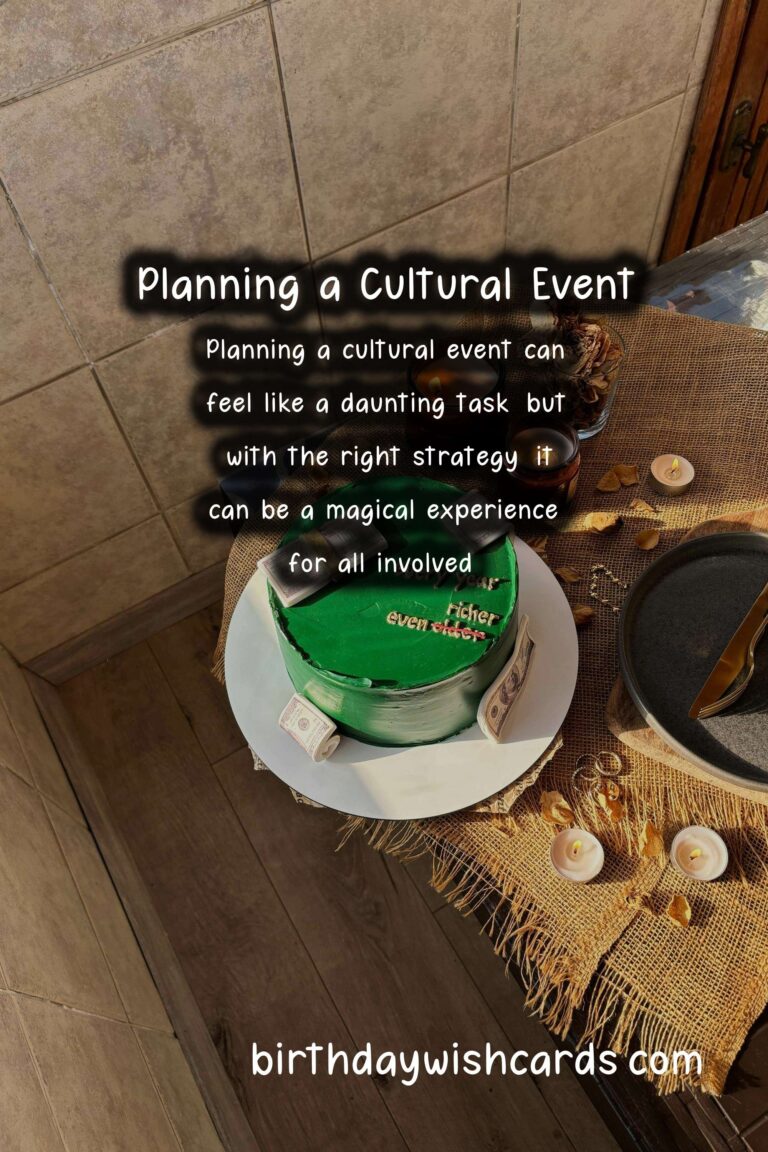
Planning a cultural event can feel like a daunting task, but with the right strategy, it can be a magical experience for all involved. Cultural events celebrate the diversity of traditions, arts, and practices that enrich our communities. This guide will provide you with practical tips on how to organize a memorable event that showcases your culture and connects with a broader audience.
Understanding Your Purpose
Before diving into the logistics of planning, it’s crucial to define the purpose of your cultural event. Are you aiming to educate the public, celebrate a tradition, or foster community ties? Understanding your event’s goals will shape every aspect of your planning process.
Choosing the Right Theme
A compelling theme can set the tone for your event. Consider incorporating elements that reflect the richness of your culture. Themes could range from traditional festivals, arts and crafts, culinary experiences, to music and dance showcases. Engage your community in the brainstorming process to gather a variety of perspectives.
Assembling Your Team
Once your theme is established, it’s time to assemble a team of volunteers or staff members who share your vision. Clearly define roles and responsibilities to ensure smooth execution. Having a diverse team can bring a range of skills and ideas, enhancing the overall event experience.
Setting a Budget
Budgeting is a critical component of planning any cultural event. Outline all potential expenses, including venue rental, permits, catering, entertainment, marketing, and insurance. Explore funding opportunities such as grants, sponsorships, or crowdfunding to alleviate some financial pressure.
Selecting the Venue
Choosing the right venue is essential for creating the appropriate atmosphere for your cultural event. Consider indoor and outdoor options, accessibility, capacity, and facilities available. Ensure that the venue aligns with your event theme and can accommodate all planned activities comfortably.
Engaging the Community
Community engagement is key to the success of your event. Promote participation by inviting local artists, performers, and vendors who can showcase their work. Collaborate with local schools, cultural organizations, and businesses to gather support and raise awareness.
Marketing Your Event
Effective marketing can significantly increase your event’s visibility. Utilize social media platforms, local newspapers, and community bulletin boards to share information about your event. Create an engaging website that includes all essential details and encourages registration or RSVP.
Sourcing Vendors and Talent
Your event will benefit greatly from local vendors and talent who can add authenticity and flavor. Make a list of potential participants who align with your theme. Reach out to chefs, artisans, musicians, and performers early on to secure their involvement.
Logistics and Scheduling
Planning the schedule of activities is crucial to ensuring things run smoothly on the event day. Create a detailed timeline for setup, activities, and breakdown. Be sure to also plan for contingencies, such as weather changes or last-minute cancellations.
Creating an Inviting Atmosphere
The ambiance of your cultural event can greatly enhance the experience for attendees. Consider decor, lighting, music, and seating arrangements that reflect your theme. Small touches, like cultural symbols or colors, can make a big impact.
Gathering Feedback
After the event, gather feedback from attendees and team members. This feedback is invaluable for understanding what worked well and what could be improved for future events. Surveys, comment boxes, and direct conversations can help you gain insights.
Celebrating Success
Don’t forget to celebrate your success once the dust settles. Appreciate your team for their hard work and recognize those who contributed to the event’s success. Share highlights through photos or videos on social media to continue the cultural dialogue beyond the event.
Conclusion
Planning a cultural event is an enjoyable process that allows you to showcase the richness of your heritage. By following these magical ways to plan your event, you can create a memorable experience that resonates with attendees and fosters a sense of community. Start planning your event today and celebrate the magic of culture!
Planning a cultural event can feel like a daunting task, but with the right strategy, it can be a magical experience for all involved. Community engagement is key to the success of your event. 
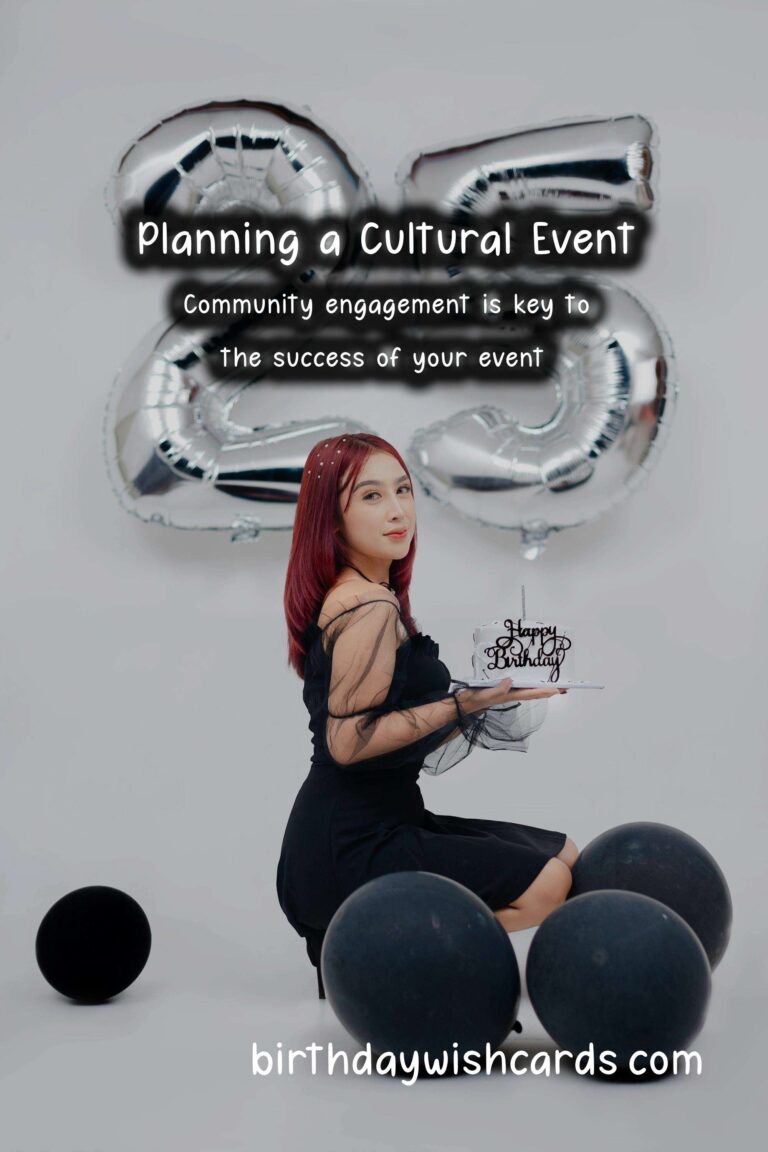
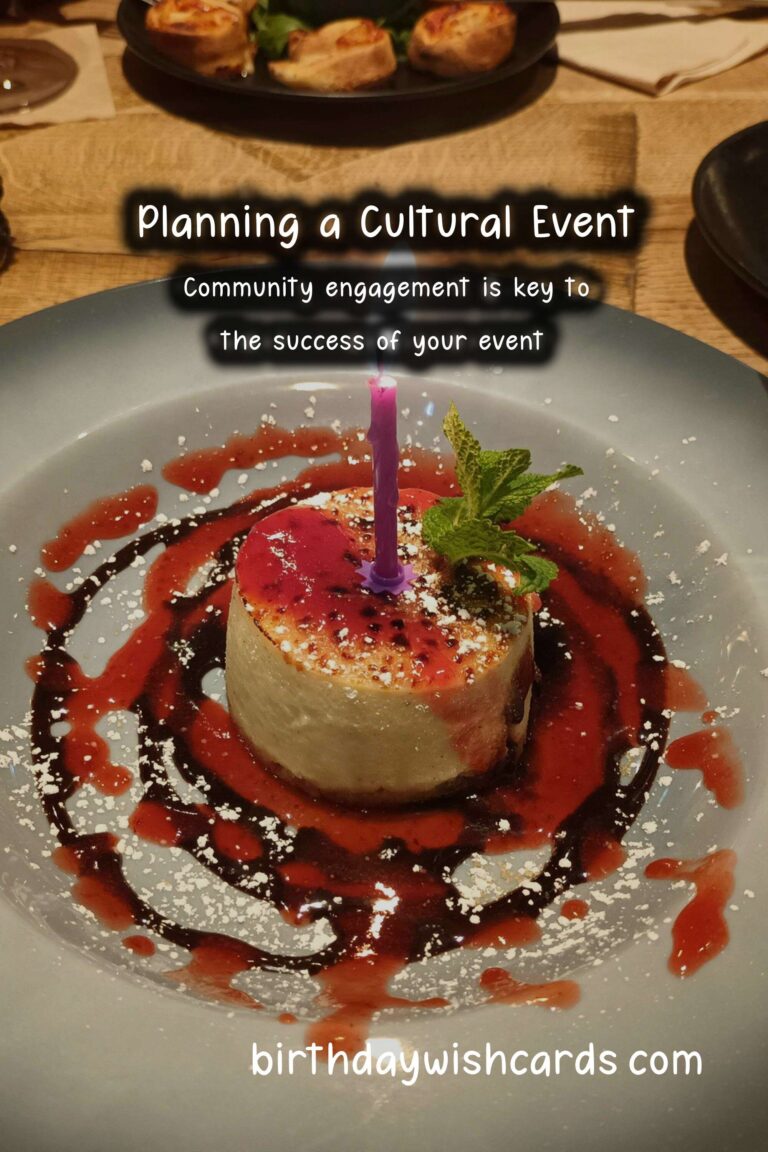
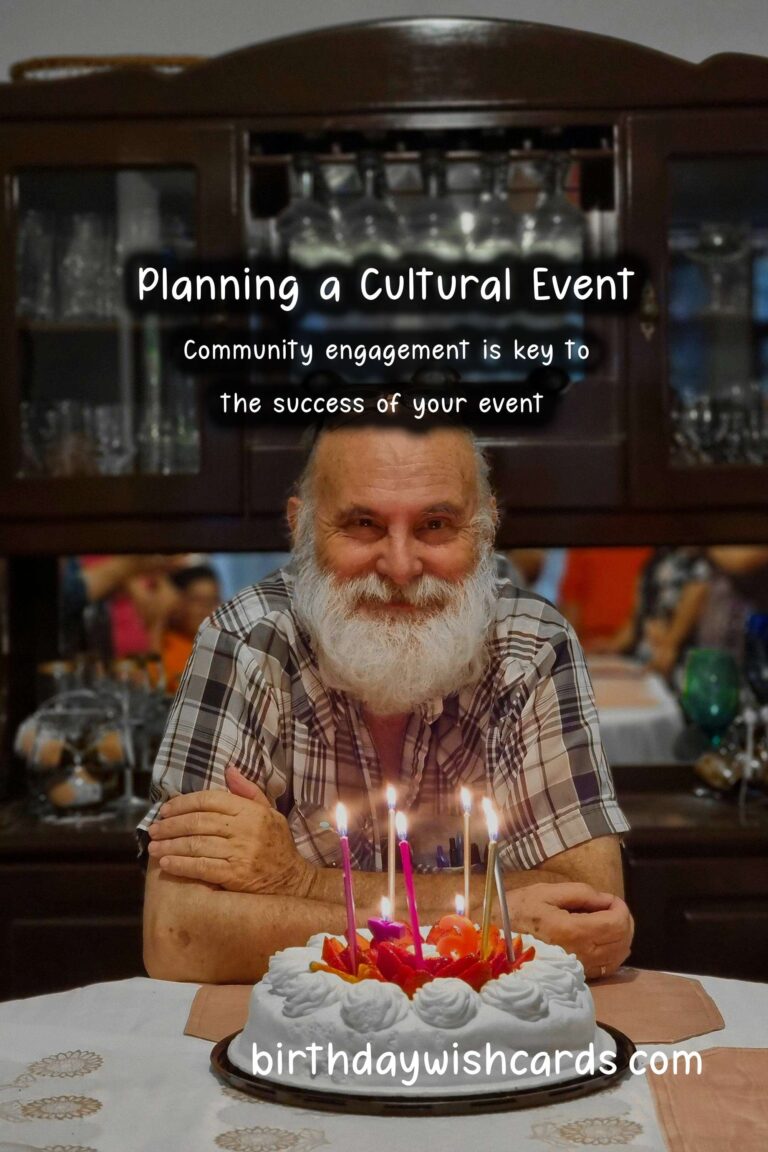
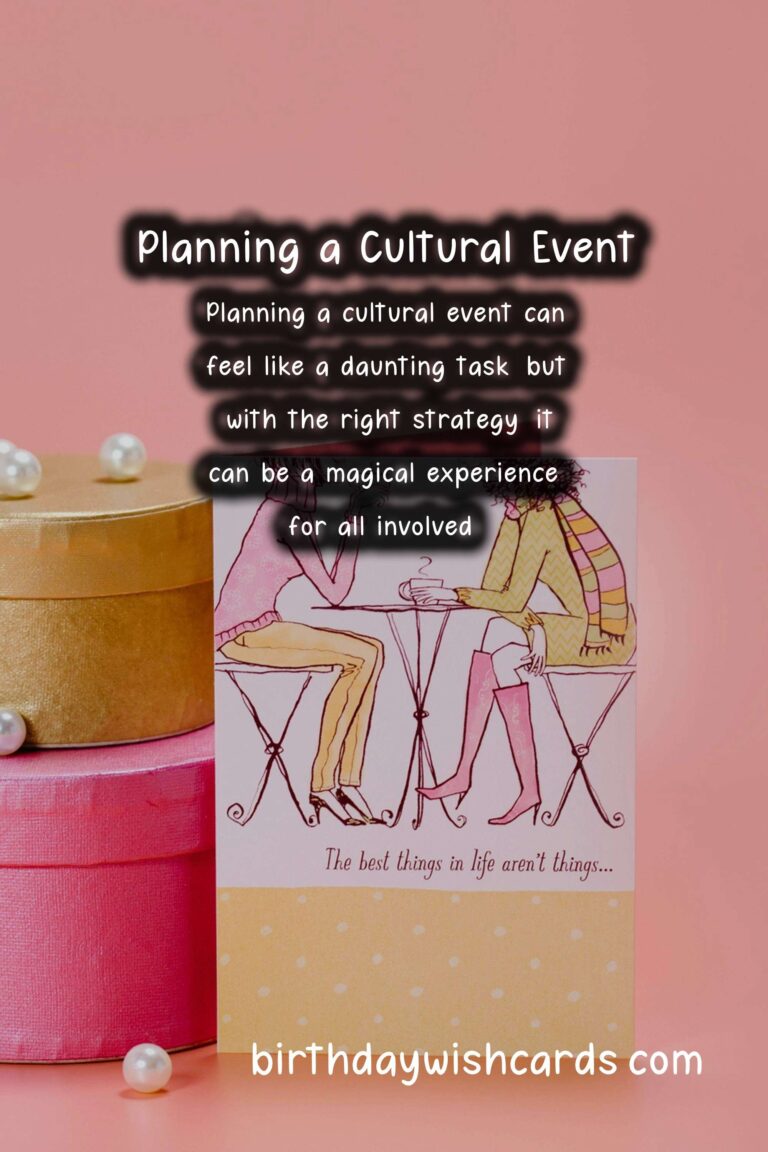
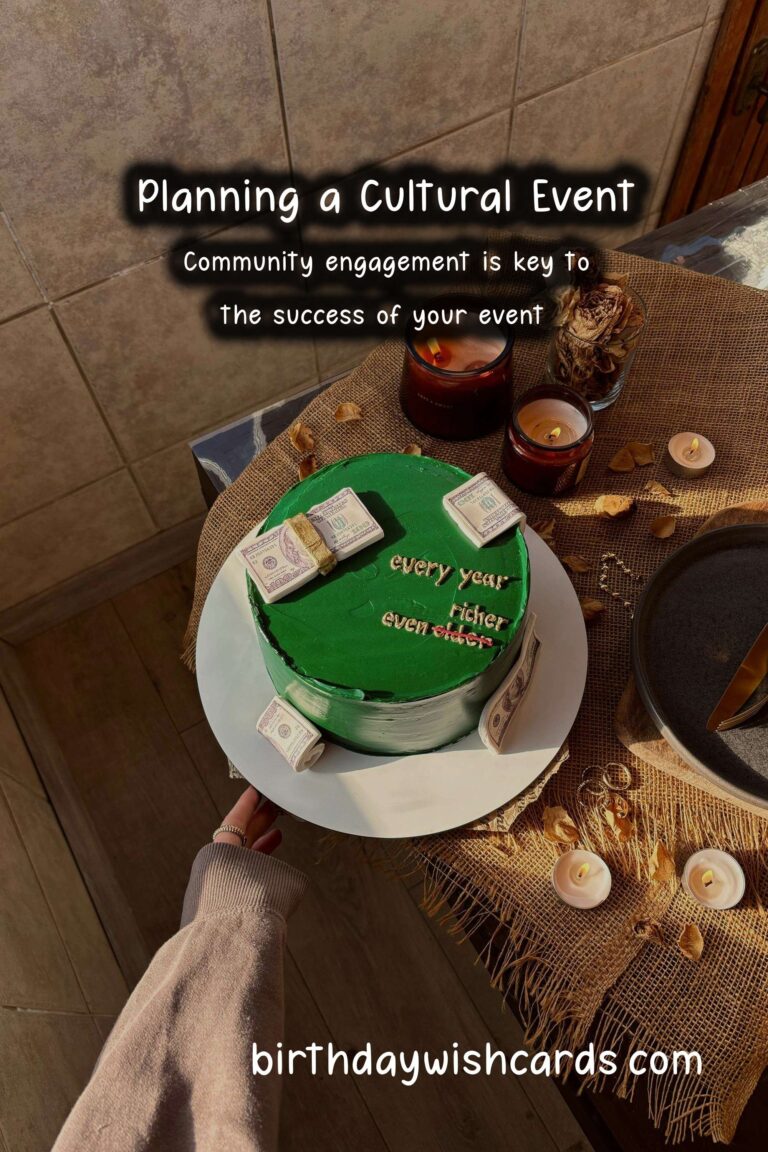
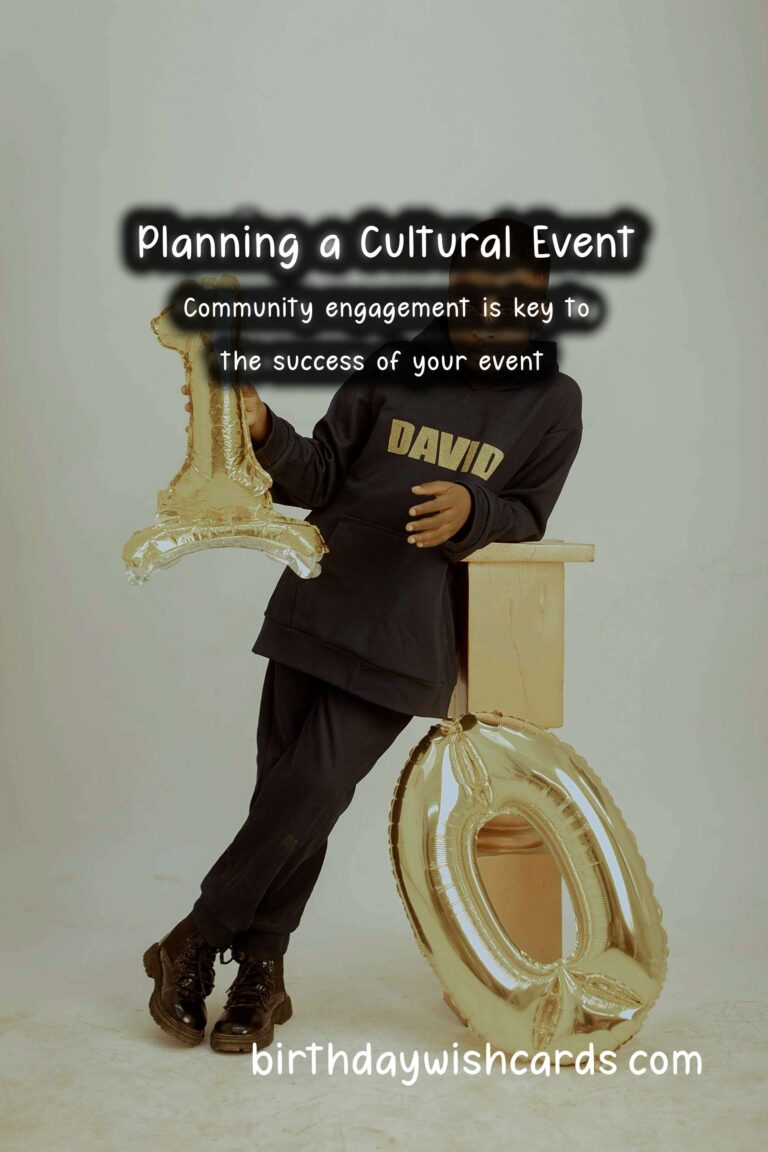
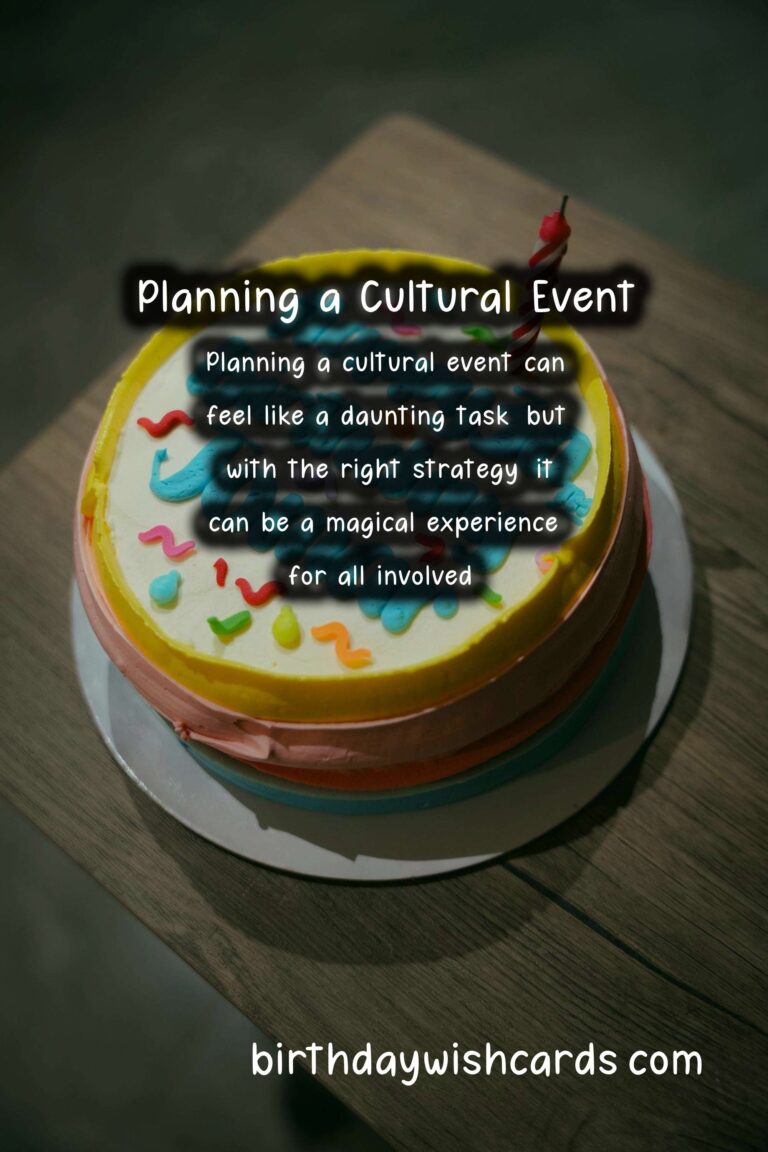
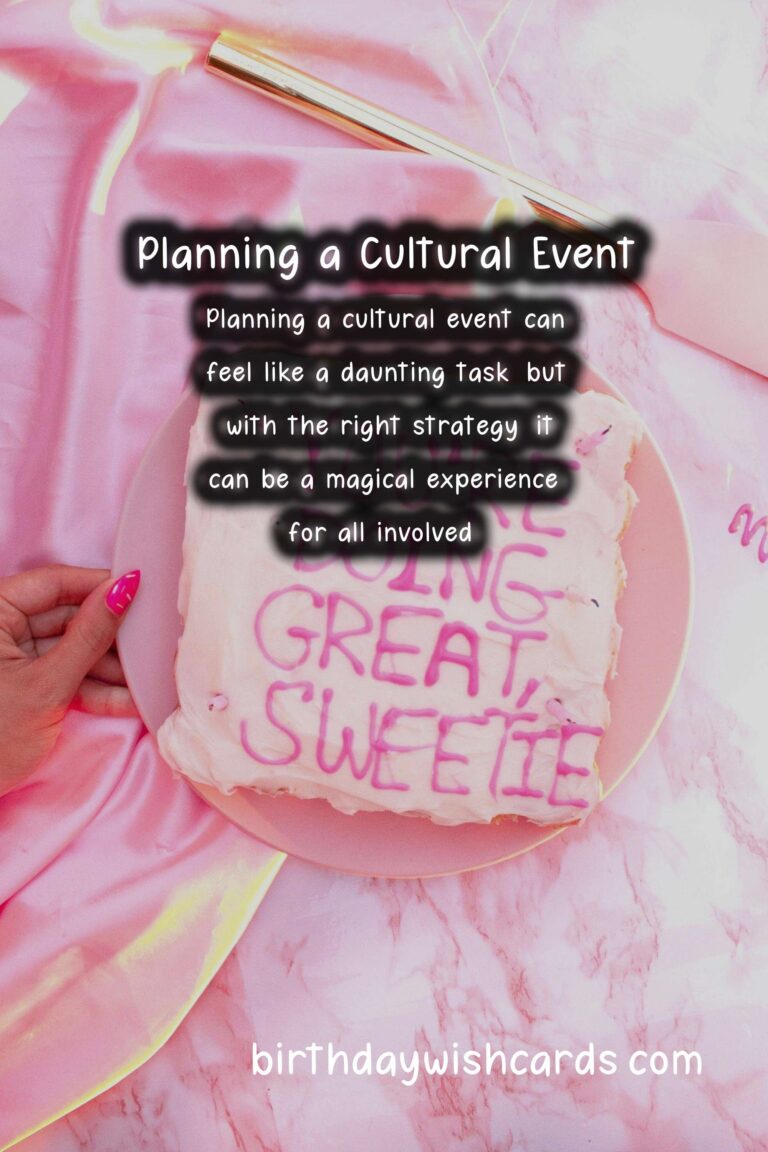
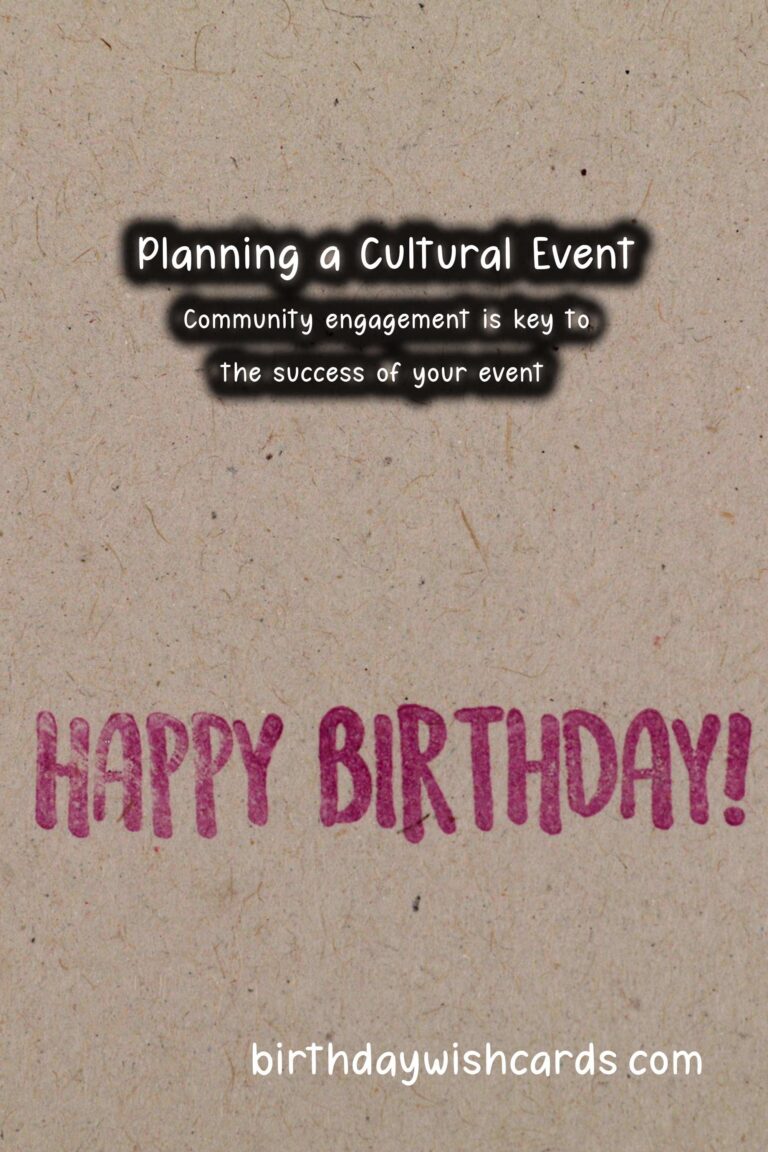
#CulturalEvent #EventPlanning



